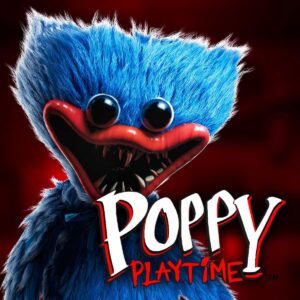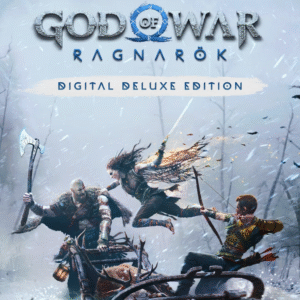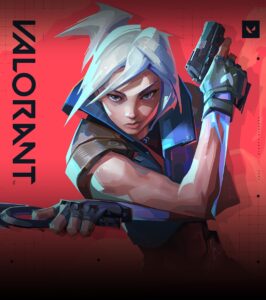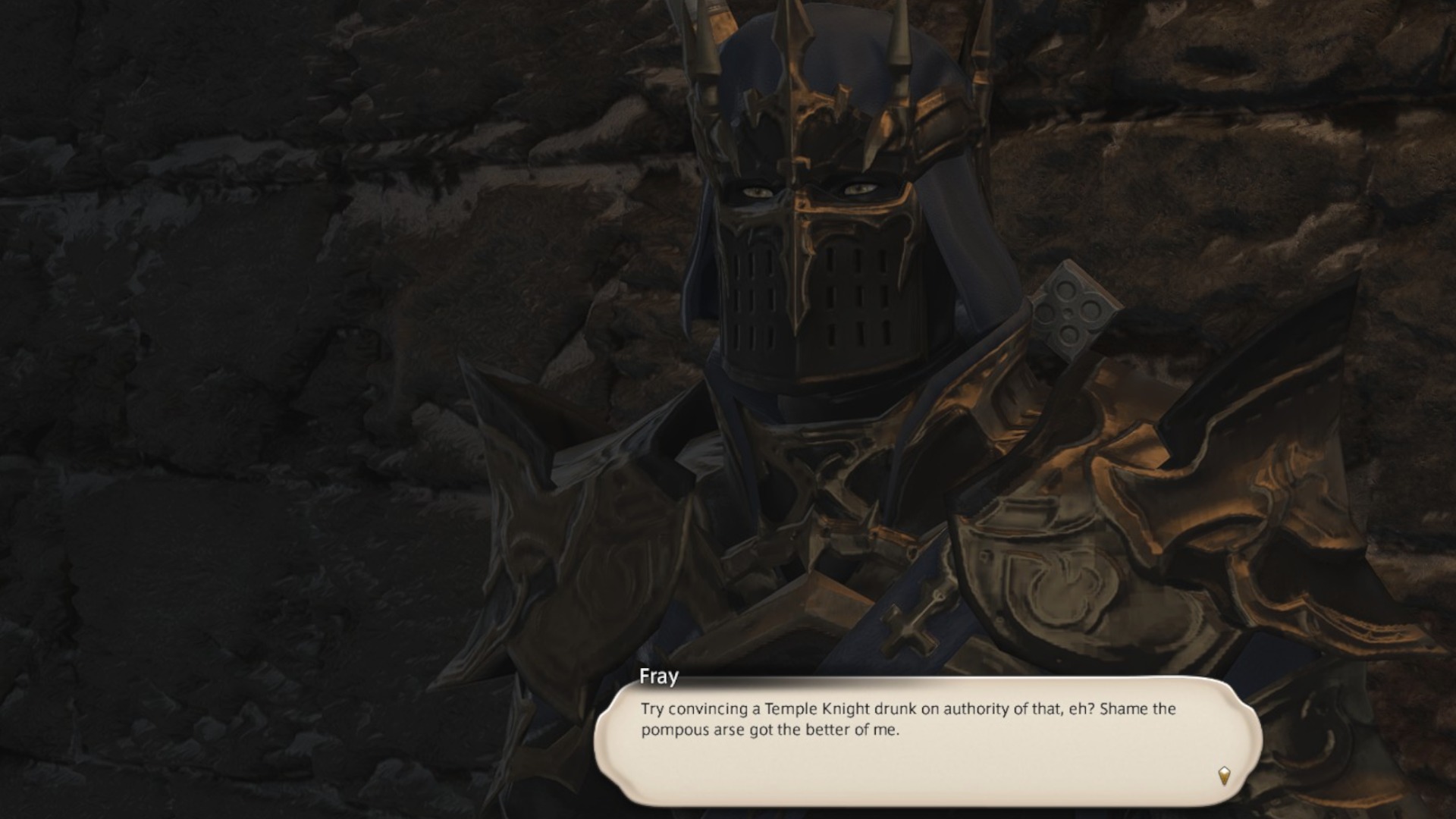The Unfulfilled Potential of MMO Quest Journals: A Critical Look at a Wasted Opportunity
Popular Now
 NBA 2K24
NBA 2K24
 Garena Free Fire: Kalahari
Garena Free Fire: Kalahari
 Black Myth: Wukong
Black Myth: Wukong
 Sonic the Hedgehog™ Classic
Sonic the Hedgehog™ Classic
 Minecraft
Minecraft
 Fortnite
Fortnite
 Roblox
Roblox
 BeamNG.drive
BeamNG.drive
 EA SPORT FC 25
EA SPORT FC 25
 EMI Calculator App & Loan EMI
EMI Calculator App & Loan EMI In the vast, sprawling worlds of Massively Multiplayer Online (MMO) games, the quest journal is intended to be a player’s most trusted companion. It’s the repository of all their adventures, a narrative lifeline connecting them to the game’s rich lore and complex storylines. Yet, in the majority of titles, from the genre’s pioneers to its modern contenders, the quest journal falls short of its potential, becoming little more than a checklist of tasks. It is a massive, and often frustrating, waste of narrative opportunity. The information is typically stripped down to its barest  essentials: a brief summary of what to do, where to go, and who to talk to. This minimalist approach, while efficient, robs the player of a deeper connection to the world, turning epic sagas into a series of fetch-and-kill quests.
essentials: a brief summary of what to do, where to go, and who to talk to. This minimalist approach, while efficient, robs the player of a deeper connection to the world, turning epic sagas into a series of fetch-and-kill quests.
For most of its existence, the MMO quest journal has been a functional but uninspired tool. It prioritizes clarity over immersion, acting as a sterile to-do list rather than a living chronicle of the player’s journey. The rich dialogue and intricate lore delivered by Non-Player Characters (NPCs) are often condensed into a few lines of text, losing all nuance and character. This design philosophy assumes that players are more interested in completing tasks quickly than in understanding the context behind them. While this might be true for some, it is a significant disservice to the meticulous world-building efforts of game developers. The result is a game experience where players “spacebar” through dialogue to get to the quest objective, missing out on the very stories that were created to engage them.
 A Fleeting Glimpse of Greatness: The Exception that Proves the Rule
A Fleeting Glimpse of Greatness: The Exception that Proves the Rule
The history of MMOs is littered with examples of uninspired quest journals, but one notable exception stands out: the quest log for the Shadowbringers expansion in Final Fantasy XIV (FFXIV). This particular storyline, widely lauded as a masterpiece of storytelling in the genre, utilized the quest journal in a way that felt revolutionary. It wasn’t just a list of objectives; it was a character-driven diary of the player’s experiences. The entries were written from the perspective of the Warrior of Darkness, filled with personal reflections, emotional weight, and narrative context that reinforced the player’s journey. It was a powerful tool that elevated the story from a series of events to a deeply personal chronicle.
The brilliance of the Shadowbringers quest journal lay in its narrative integration. Each entry was a carefully crafted piece of prose that reflected the emotional state of the characters and the gravity of the situation. For instance, an entry might detail the player’s internal conflict or a reflection on a poignant conversation they just had. This approach transformed a mundane interface element into a dynamic part of the storytelling. It encouraged players to read and re-read their entries, not just to remember where they were going, but to relive the emotional highs and lows of the story. This was a monumental shift from the typical “kill 10 boars” summary, turning a simple game mechanic into a sophisticated narrative device. However, this level of detailed, character-driven journaling was largely confined to that one storyline, making it a powerful but fleeting example of what’s possible.
 The Challenge and the Opportunity: Why Aren’t All Journals Like This?
The Challenge and the Opportunity: Why Aren’t All Journals Like This?
The question remains: if FFXIV could achieve this level of narrative depth with a quest journal, why haven’t other MMOs? The primary reason is likely a matter of resource allocation and design philosophy. Creating a detailed, character-driven journal for every quest in a massive game is an immense undertaking. It requires dedicated writers and a significant development budget. Many developers opt for a more streamlined, cost-effective approach, prioritizing content quantity over narrative quality. There is also a prevailing belief that the majority of players simply don’t care about the text, an assumption that might be self-fulfilling if the text itself is unengaging.
The opportunity, however, is immense. A well-designed quest journal can be a key differentiator in a crowded market. It can transform a generic experience into a personal saga. Imagine a quest journal that evolves with the player’s choices, reflecting their moral alignment and the consequences of their actions. Or one that includes sketches, maps, and character profiles, turning it into a genuine adventurer’s log. These are not impossible ideas; they are simply underutilized. By treating the quest journal as a narrative canvas rather than a sterile checklist, developers can create a more immersive and emotionally resonant experience. It’s a small change with the potential for a massive impact, turning a waste of potential into a powerful tool for storytelling. While the Shadowbringers quest journal was a brief and brilliant experiment, it serves as a proof of concept that the future of MMO questing doesn’t have to be a boring to-do list. It can be an epic chronicle.











 A Fleeting Glimpse of Greatness: The Exception that Proves the Rule
A Fleeting Glimpse of Greatness: The Exception that Proves the Rule The Challenge and the Opportunity: Why Aren’t All Journals Like This?
The Challenge and the Opportunity: Why Aren’t All Journals Like This?